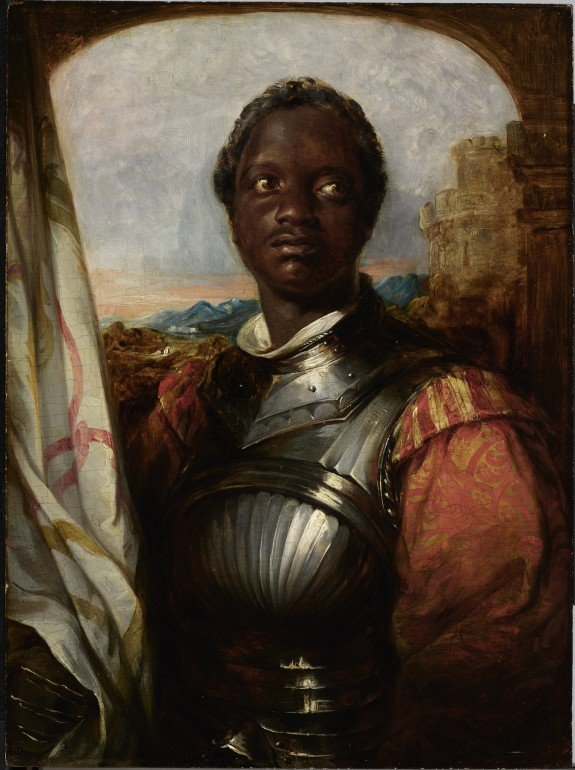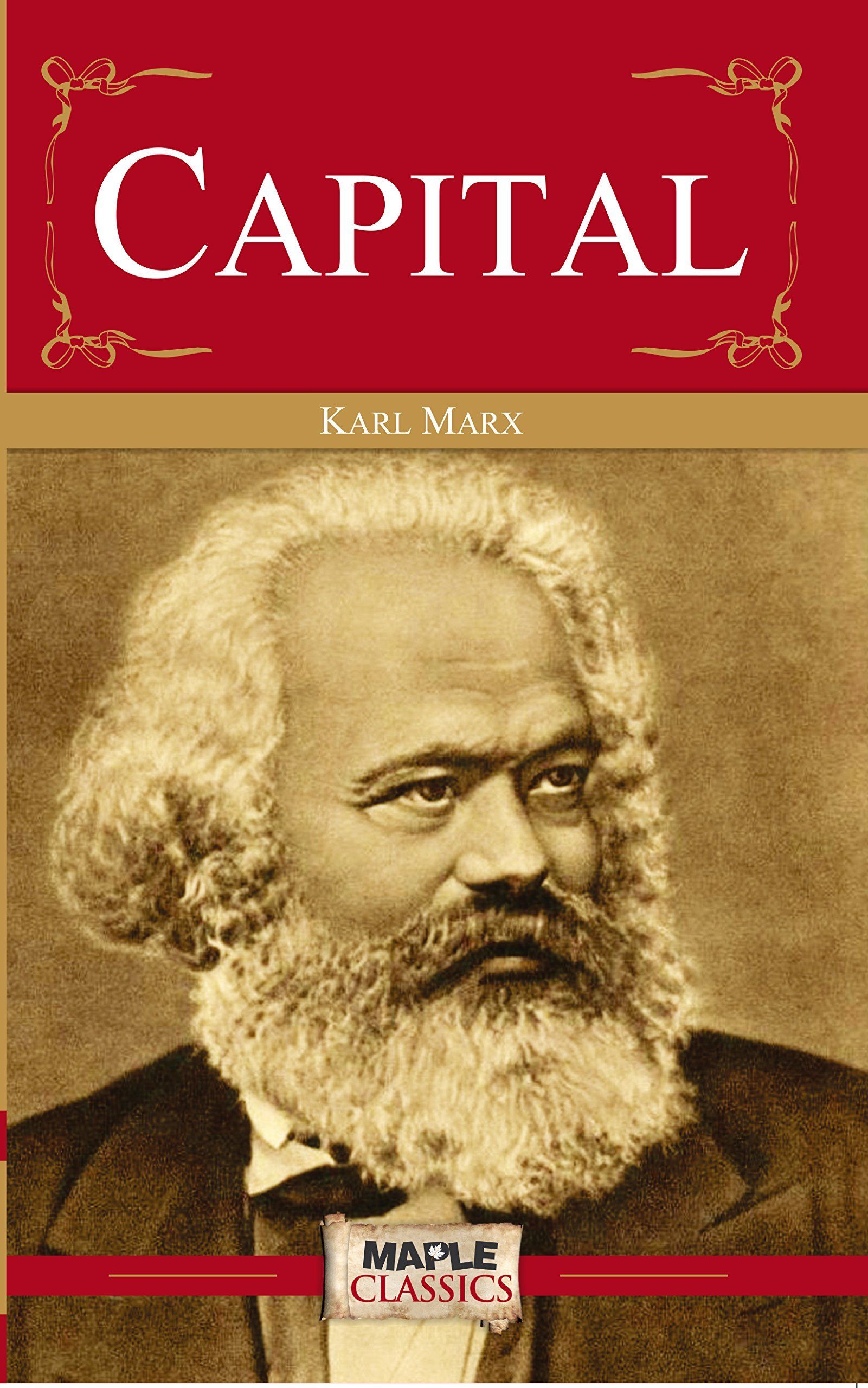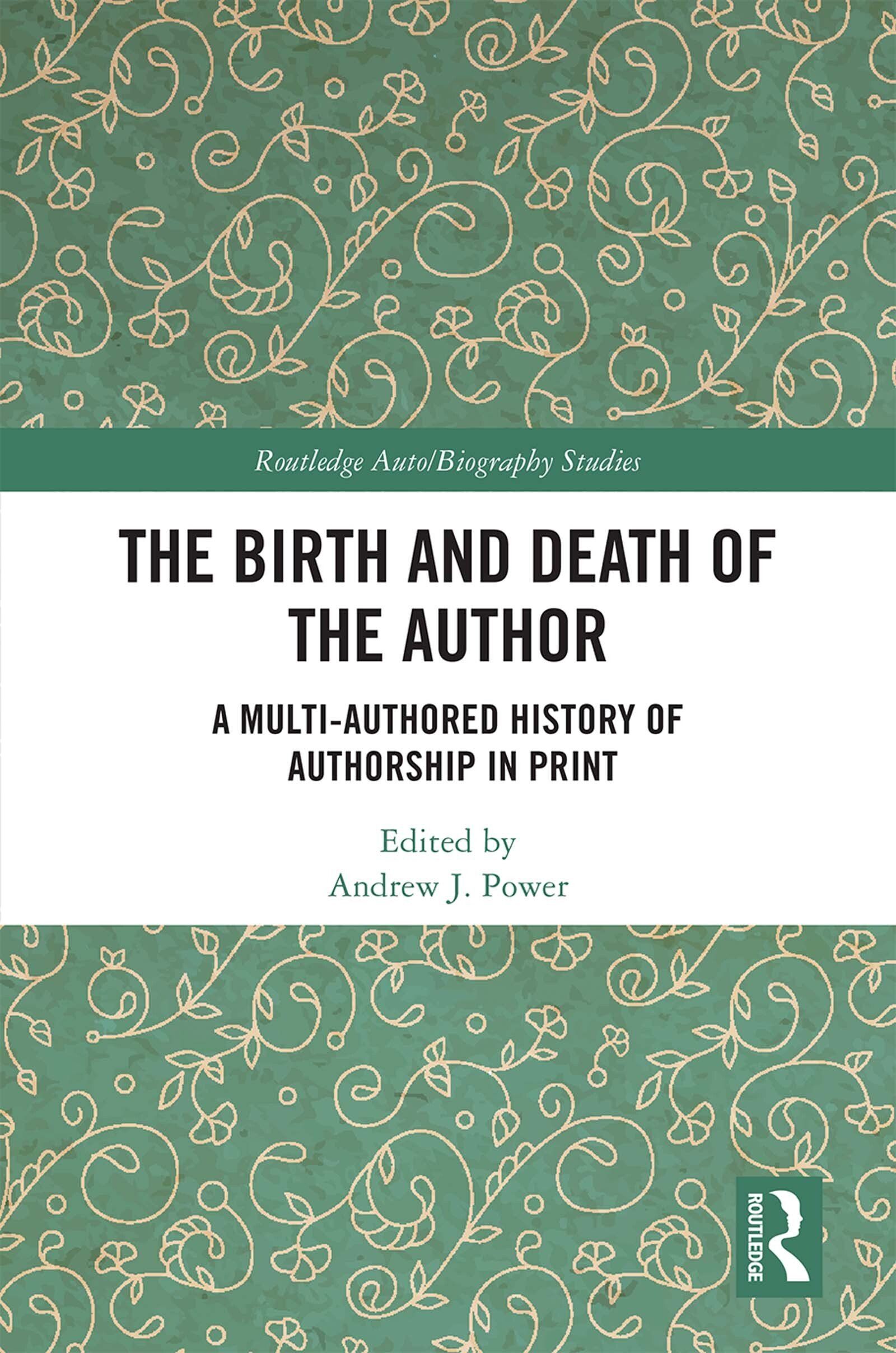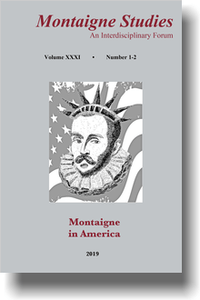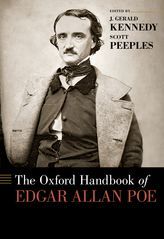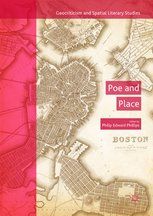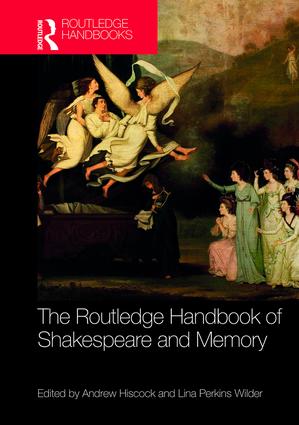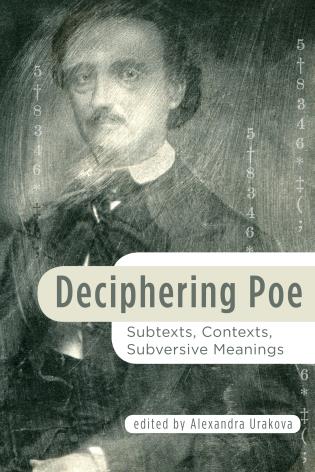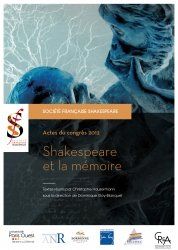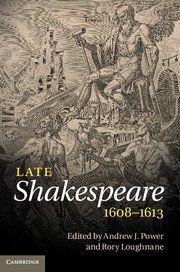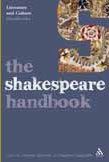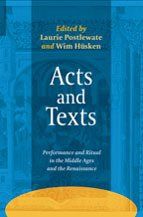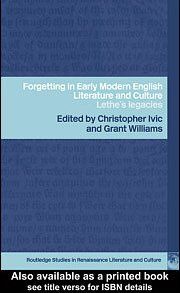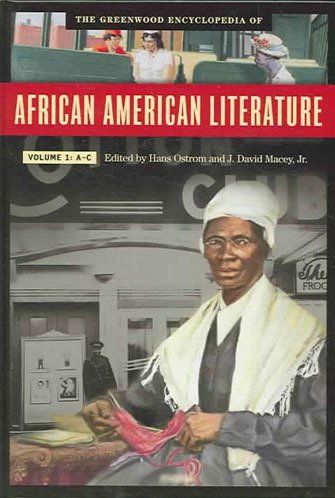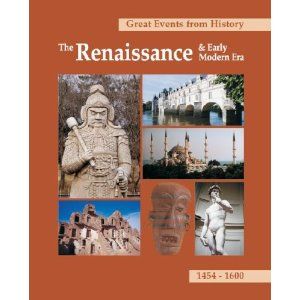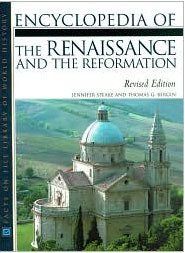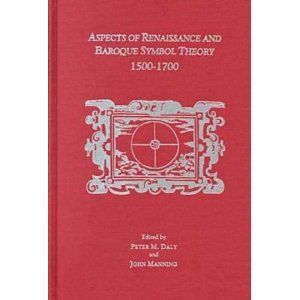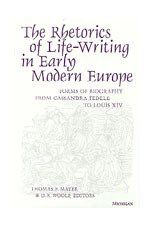OTHER PUBLICATIONS
Copyright Notice: Any chapters in books and journal articles articles made available for download are for personal use only. Any other use requires prior permission of the author or the copyright holder.
Copyright Notice: Any chapters in books and journal articles articles made available for download are for personal use only. Any other use requires prior permission of the author or the copyright holder.
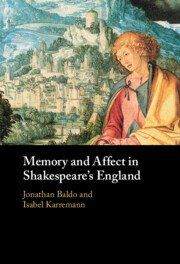
"The Tug of Memory: Affect and Invention in Shakespeare's Drama," in
Memory and Affect in Shakespeare's England, ed. Jonathan Baldo and Isabel Karremann (Cambridge University Press, 2023), 201-219
This chapter examines Shakespeare’s dramaturgical “cuing the past” through spoken directives to recall things preceding the play’s chronology. His ingenious staging of “the tug of memory” – grounded in traditional mnemotechnic oratorical tactics – elicits and guides the audience’s affective response to some specific aspect of a character’s backstory. Special attention is given to “invention” and “memory” from classical rhetoric, by way of illustrating how the appositive yet complementary tropes of “augmentation” and “abbreviation” in Merchant of Venice and Comedy of Errors, for example, can be used to unpack the rampant play of proverbs in Henry V (3.7). Shakespeare’s affective cueing of the past sets memory to work, tugging at what is to be recalled and yanking it center stage for all to see and then factor into their judgment of the character.
"Intertheatrical Cues and Shakespearean backstories," in Shakespeare et les acteurs, ed. Gilles Bertheau, Actes des congrès de la Société française Shakespeare 39 (2021), pp. 1-16:
"In his essay, Engel focuses on mnemotechnical cues, reminding us of the early modern use of adages as valuable memory aids and, more broadly, also wonders how memory shapes identity. The power of proverbs, he contends, is particularly remarkable in a play such as
Henry V, where the French are regularly derided for their ostentatious behaviour as well as for their highly artificial, stilted language."
"Montaigne's
Essais: The Literary and Literal Digesting of a Life,"
in
The Rhetorics of Life-Writing in Early Modern Europe , ed. Thomas Mayer and D. R. Woolf (University of Michigan Press, 1996.), 283-98
"The volume is especially timely in light of the growing interest in 'micro-history,,' and in the histories that are emerging from nonliterary documents. Chapters consider numerous genres, including hagiography, epistolary and verse biography, and less familiar forms such as parodic prosopography, life-writing in funeral sermons, and comic martyrology. [...] A fascinating survey of biographical genres...."
FOR CRITICAL ESSAYS IN COLLECTIONS PUBLISHED PRIOR TO 1996,
PLEASE VISIT MY CV
(click here)
FOR LINKS TO PDF VERSIONS OF THOSE ESSAYS.


